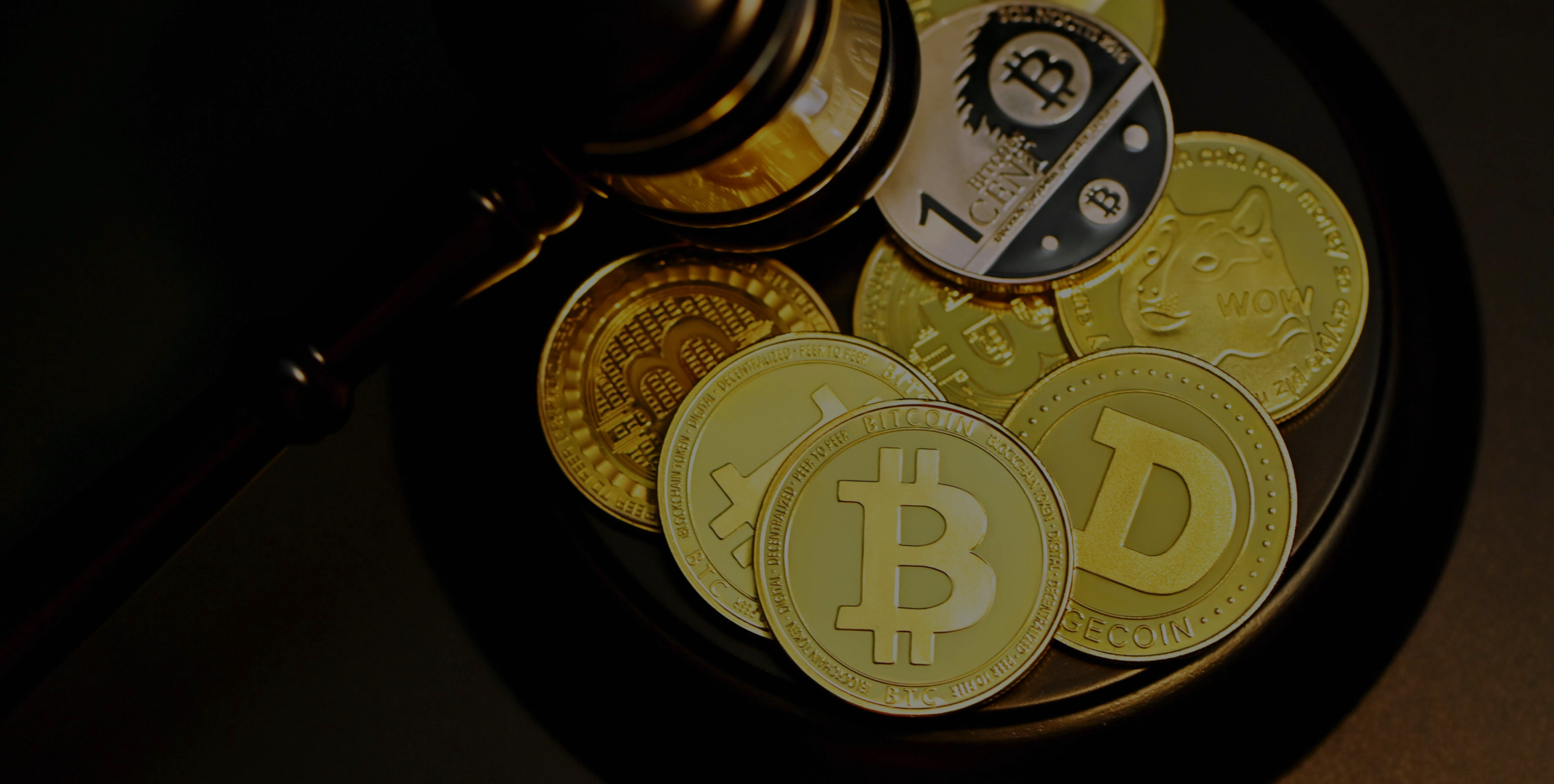The World Economic Forum (WEF) released its white paper, ‘Pathways to the regulation of Crypto-Assets: A Global Approach,’ in May 2023.
Since then, the WEF has updated its findings, keeping pace with how different countries and economic regions have addressed the challenges of introducing crypto regimes.
Crystal analyzed the updates for crypto compliance officers, investigators, and regulators. For key highlights, read on below:
Why does the WEF white paper recommend a global approach to regulating crypto?
“As with some other emerging technologies, regulating this ecosystem [crypto-assets] is like walking a tightrope– it requires a delicate balance between preventing harms, protecting users and promoting innovation.”
Arushi Goel
Specialist, Data Policy and Blockchain, Centre for Fourth Industrial Revolution India, World Economic Forum
The crypto industry and the untamed technology that drives it have burgeoned in recent years. When the borderless nature of crypto assets collides with the traditional economy, it makes a strong case for implementing a universal regulatory framework. However, it also acknowledges the challenges in doing so:
Challenges to a global approach to crypto regulation
- Different jurisdictions do not have universally agreed-upon taxation systems, classifications, and definitions for crypto asset markets. Participants in crypto trading are often hampered by misunderstandings and have poor comprehension of financial risks.
- Arbitrage is the practice of purchasing crypto from one entity and almost immediately selling it to another. The idea is to profit from marginal price variations between different jurisdictions that have unsynchronized and independently developing financial frameworks. Of course, this is a headache for regulatory authorities in those different jurisdictions, who must apply different tax codes and legislative guidelines to such transactions. This further inhibits the development of holistic oversight throughout the crypto ecosystem.
- Insufficient coordination among multiple law enforcement agencies impedes the policing, monitoring, and supervision of the crypto industry, hindering the establishment of coherent and consistent regulatory frameworks.
Progress since the WEF White Paper was published
Some countries and/or regions have tried with varying degrees of success to meet the challenges of instituting regulatory frameworks for crypto assets.

WEF Pathways to the regulation of crypto-assets, Page 18
Regions where crypto regulations have seen development
The WEF noted the following updates in countries or regions since its white paper was published:
Crypto regulation updates in the USA
Although the WEF noted that progress in US crypto regulation is currently stalled, the following has been achieved:
- The Blockchain Regulatory Certainty Act budget estimate was ordered by the House Committee in July 2023, and published in September 2023.
- The US House of Representatives passed the Financial Innovation and Technology for the 21st Century Act in May 2024.
Crypto regulation updates in the EU
- The EU started introducing the Markets in Crypto-Assets Regulation (MiCA) in June 2023, and is the first economic region or country to develop and implement a comprehensive framework for regulating cryptocurrencies.
- The EU’s supervisory and regulatory body, the European Securities and Markets Authority (ESMA), concluded a three month public consultation period on aspects of MiCA implementation at the end of April, 2024.
- The EU expects to wholly integrate MiCA into the economic region’s crypto regulation framework in December 2024, and, from January 2026, all crypto trading service providers must verify and disclose all origin senders’ and destination beneficiaries’ identities, regardless of the amounts being traded.
Crypto regulation updates in the UK
- The Financial Conduct Authority with which entities wishing to trade in cryptocurrencies must be registered, and the Bank of England (BoE) have both taken firm positions on the regulation of stablecoins.
- The BoE believes this regulation will increase convenience for UK consumers while preventing financial crime.
For another perspective on how the USA, EU, and UK are approaching crypto regulation, click here.
Crypto regulation updates in Asia
Asian countries’ approaches to crypto regulation are many and varied. Some examples are:
- Japan recognizes crypto as legal tender, and recent new identification rules for transactions on exchanges aim to combat money laundering.
- South Korea ushered in safe crypto trading for consumers with the Virtual Asset User Protection Act of 2023, set to become effective in July 2024.
- India unbanned crypto trading in 2020, but progress since then has stalled. However, the Cryptocurrency and Regulation of Official Digital Currency Bill is promising.
- China currently has an outright ban on cryptocurrencies.
Find out how Singapore and Hong Kong approach crypto regulation here.
Meanwhile, in South America, Brazil took steps towards crypto regulation in June 2023.
Crystal Intelligence and global crypto regulation
On the global scale, the International Organization of Securities Commissions (IOSCO) published its 18 policy recommendations for crypto and digital asset markets in November 2023, and 2024 will almost certainly be a busy one for crypto regulators, compliance officers, supervisors, and investigators!



